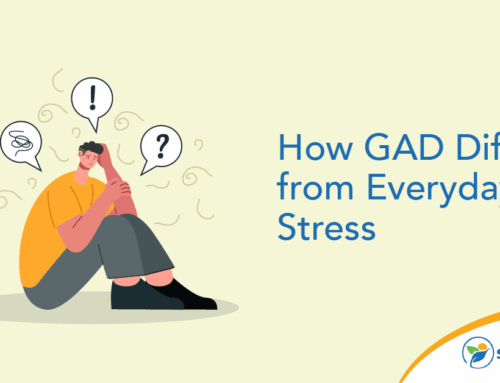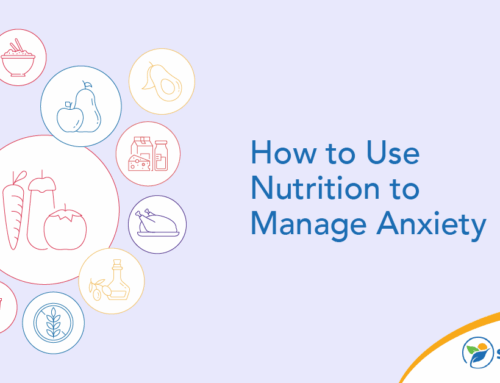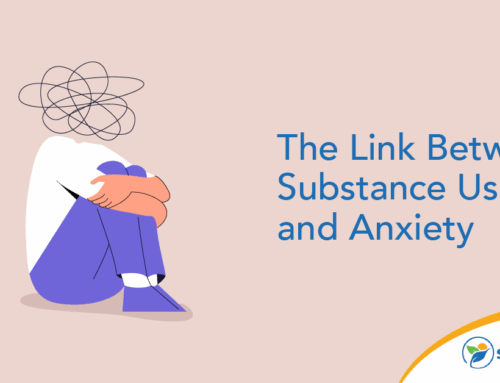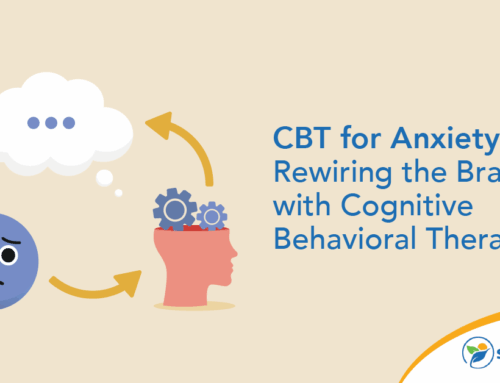Stress has been associated with less favorable heart health in both men and women, but research indicates that stress may have a bigger influence on overall heart disease risk among women. Heart health has long been a focus when discussing overall wellness, but the connection between cardiovascular health and mental well-being is often overlooked, especially regarding its impact on women. Let’s explore the link between heart health and mental well-being in women so you can do a mental health check on your heart.
How Does Stress Affect Your Heart?
Besides the commonly known medical conditions that increase the risk of heart disease in women, such as high blood pressure, high cholesterol, smoking, being overweight and not enough physical activity, the Centers for Disease Control and Prevention also includes stress and depression on the list.
Hormones play a major role in how stress affects the heart. When you become stressed, certain hormones are released to temporarily elevate your heart rate and blood pressure, meaning that prolonged stress can have a profound impact on your heart. The CDC states that more than 60 million women (about 44%) in the nation have some type of heart disease. Data shows that heart disease was responsible for about 1 in 5 deaths among women in 2021, making it a leading cause of death.
According to Scripps Health, women at risk of heart disease should pay close attention to their mental health as well as their stress levels, as studies indicate a link between heart disease and depression. Scripps Health notes that depression is twice as common in women than men, and women with depression are two to three times more likely to develop heart disease than those without depression.
There’s even a link between emotional stress and heart failure, making it even more important to perform a mental health check on your heart. As research continues to unveil the intricate interplay between the heart and mind, it becomes increasingly evident that nurturing your mental health is just as crucial as maintaining a healthy heart.
Understanding the Link Between Mental Wellness and Heart Health
Factors such as stress, depression and anxiety can all affect a woman’s heart health. According to Scripps, depression is often accompanied by anxiety, stress and loneliness that trigger physiological changes in your body, which can impact the heart.
One impact of stress is your body releasing the stress hormone cortisol, which is linked to elevated risks of heart disease and heart attacks. Stress can also cause you to lean on unhealthy coping methods like smoking or overeating, which worsens the impact on your heart health.
Because depression is a nontraditional risk factor for heart disease, women may not fully recognize the negative link between their mental wellness and heart health. Research conducted by the American Heart Association indicated that survey participants with mild depression were one to four times more likely to have worse heart health than those without depression, and participants with moderate depression were three times more likely to experience detrimental effects.
Signs of depression can include feeling down or hopeless, changes in appetite, trouble concentrating, fatigue and suicidal thoughts. People experiencing depression may turn to harmful behaviors, such as smoking, drinking alcohol or overeating, that further impact heart health.
The link between mental wellness and heart health is a two-way street. While women with depression have an increased risk of developing heart disease, those diagnosed with heart disease are also more likely to develop depression. Scripps cites a study that indicated up to a third of people who suffer a heart attack develop some degree of depression. Acknowledging the significance of addressing both mental and heart health can lead to a healthier future.
Integrate Holistic Care for Holistic Health
Taking a holistic approach to your health requires you to recognize the interaction between physical, mental and emotional well-being. By acknowledging the relationship between heart health and mental wellness, you take a crucial step in embracing integrated methods to address both issues. To help you incorporate holistic care into your wellness routine, work with health care providers who offer comprehensive care that considers the whole person.
Integrated approaches may encompass a wide range of techniques, such as lifestyle modifications, medical interventions and psychological therapies. For example, combining cardiovascular rehabilitation with stress management techniques like mindfulness and cognitive behavioral therapy could lead to a noticeable improvement in your heart health and mental well-being.
Incorporating ideal solutions for your unique situation may require collaboration with providers in cardiology, psychiatry and/or psychology to ensure tailored, holistic care. Through holistic care, your health care providers can empower you to take proactive steps toward improving your overall well-being. Your provider network should emphasize education, preventive measures and self-care strategies that encourage you to adopt sustainable lifestyle changes that support heart and mental health.
Engaging in regular physical activity, maintaining a balanced diet and practicing stress reduction techniques are integral components of promoting heart health and mental wellness. Holding onto a positive mental outlook and taking advantage of the support offered by caring friends and family members can also help foster healthier cardiovascular outcomes. There are plenty of advantages to addressing holistic health with integrated approaches — it ultimately leads to better outcomes and a higher quality of life.
Do a Mental Health Check on Your Heart
By recognizing and addressing the shared factors linking mental wellness and heart health, you can adopt holistic strategies to protect and enhance both aspects of your well-being. Holistic care is vital to recognize the connection and balance required in your physical, mental and emotional health. It also helps prevent, as well as treat, your health issues.
If you’re struggling with depression, anxiety or another mental health condition that could be impacting your heart health and overall well-being, contact Sunlight Recovery for a free, confidential consultation. Our team of compassionate professionals can help you address various conditions and the secondary effects of those conditions so you can begin your mental health check on your heart.







